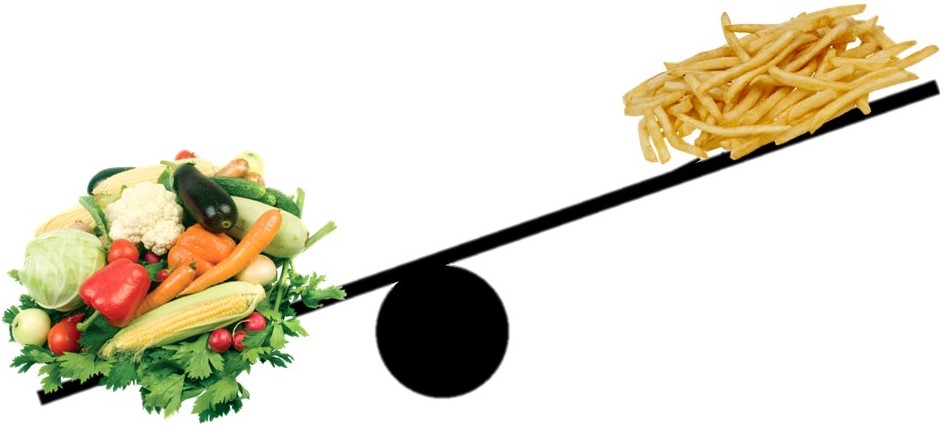In my TedX Talk I talk about all of us having trillions of friends… inside our guts. In fact there are more of these gut bacteria than our own cells. We are quite literally more bacteria than ourselves! I often talk about eating for them more than for ourselves since they outnumber us. If one wanted to eat for a healthy microbiome…. WHAT would one eat?
Do the bacteria just take a bit of everything we eat? A little pizza here, a little French fries there, and a little chocolate cake every now and then? Truth is they need fiber. You see the fiber that our body can’t take anything from (the undigested “resistant” kind) remains unprocessed and takes the ride down our digestive tract. This is also referred to as “pre-biotics”. That is healthy microbiome food.
When we provide this prebiotic food to our microbiome, it produces a short-chain fatty acid called Butyrate. And coincidentally butyrate is the fuel source for the cells that surround our colon, which I refer to as our intestinal barrier. Our intestinal barrier is a single layer of cells… SINGLE LAYER that separates the food still being digested and absorbed from the rest of our body. That’s a profound barrier because when things start leaking – there is usually trouble brewing.
So in summary, we feed fiber and prebiotics to our microbiome…. And they produce butyrate to support our intestinal barrier. It’s a perfect symbiotic relationship. And after all… our gut bacteria (the ones that stay with us long-term) have a vested relationship in our health. They exist as long as we do.
But what about other bacteria that gets in our guts that don’t stay long term and aren’t invested in our health. The ones we refer to as “bad bacteria” that get us sick and leave us via explosive exits (front door or back door or both)? Our immune system is expected to attack the bad bacteria and tolerate the good bacteria. How does it tell the difference or know when this delicate balance is off?
It turns out butyrate is produced by our good bacteria alone. It tells the immune system that the level of good bacteria vs bad bacteria is healthy, and low butyrate levels are indicative of unhealthy balance of gut bacteria. Butyrate is an anti-inflammatory. As long as our butyrate levels are good, our immune system remains as “Dr. David Banner” and performs its duties in a calm manner. When our butyrate levels get too low, it prompts the immune system to take action – it’s inflammatory. It is indicative of a “Hulk” reaction and our immune system starts attacking bacteria in an effort to regain balance. The longer it takes to regain balance and order, the higher the risk of an inflammatory bowel disease and a chronic hypersensitive immune system. Chaos ensues. I’ve been there and done that –it’s not pleasant.
The thing that triggers the chronically inflamed immune system to stand down… transition back to “Dr. David Banner”… is butyrate in the colon. How do we get more butyrate in the colon? You guessed it! More greens, more fiber, more prebiotics. This is all very important to know so we make great dietary decisions. So the next time you have to choose between French fries and a side-salad… choose the salad. It might seem like it’s cheaper or more satisfying to have the fries, but in the long run… it’s much cheaper and more satisfying to have the salad. Because if we don’t continually eat enough fiber, then we can’t make enough butyrate. Our body can mistake low fiber intake for having a population of bad bacteria in our gut and prompt a “Hulk” response. So eat plenty of fiber every day. This is the most compelling reason ever to eat your greens!



